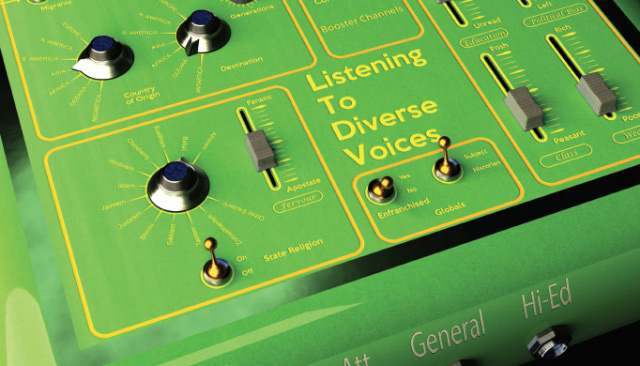How diverse is your history curriculum?
Published: 26th June 2019

Curriculum review checklist to develop history curricula
The past was full of diverse people and our students are entitled to learn about this diverse past. History lessons should enable students to see their connection to the past and to understand the world today. Here are a list of questions for history teachers to use to support a history curriculum review:
- Are the pasts of all students we teach represented in our curriculum?
- Are the pasts of the people of modern Britain represented in our curriculum?
- When we use visuals do they show the diversity of people who were in the past and respect their dignity?
- When we include the work of historians and other ‘authority’ figures do we draw on work from a diverse and representative range of people?
- Does our curriculum help students to understand why some past topics are still highly emotional and sensitive for some groups of people?
- Are our materials transnational, taking a multi-perspective approach and avoiding inappropriate Brito-centrism?
- Do our materials reflect up-to-date research and scholarship?
- When students have finished learning our history curriculum will they have learnt that:
- 50% of people in the past were women?
- Black people and people of colour have lived in Britain since very ancient times?
- The story of Black people and people of colour is not just one of people as victims of white oppression?
- Jewish people and Roma and Traveller people have a long history that is not just one of suspicion and oppression?
- There have always been less visible groups, such as LGBT+ people and people with disabilities in society?
- Women were not all white, not all Black people were men, and so on… that is we are thinking about people having different identities?
- People were more rounded and complex than the labels people in power/ society gave them - they do not just appear in our curriculum to be ‘done unto’ by people in power?
- The diverse past helps to understand the diverse present?
- History can be studied at different levels - from the local to the global?
- Do our historical enquiries start and end in the right place in order to understand people as fully human, and to understand their perspectives, even if they were not white, rich, northern European and male?
- Does the curriculum enable students to learn that history is an evidence-based, created, contested and selective interpretation of a very diverse past and that debating, rethinking and revisiting is what historians do?
Attached files:
- Diversifying the Curriculum: useful external links
26.7 KB Word document

